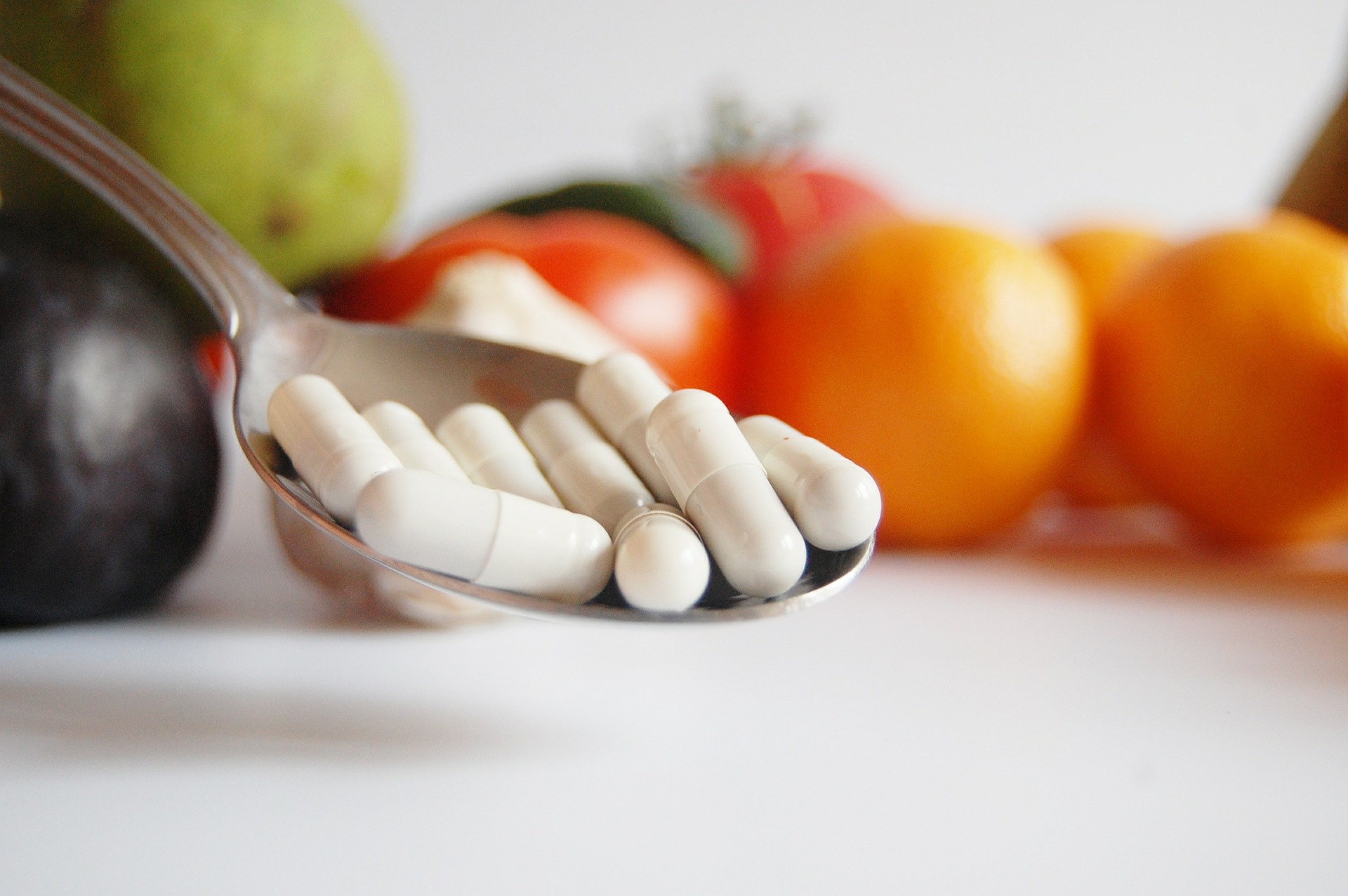Could a Pill Replace Surgery as a Potential Treatment for Type 2 Diabetes?
“We envision a pill that a patient can take before a meal that transiently coats the gut to replicate the effects of surgery,†said co-senior author Jeff Karp, PhD, a bioengineer and principal investigator at BWH. “
